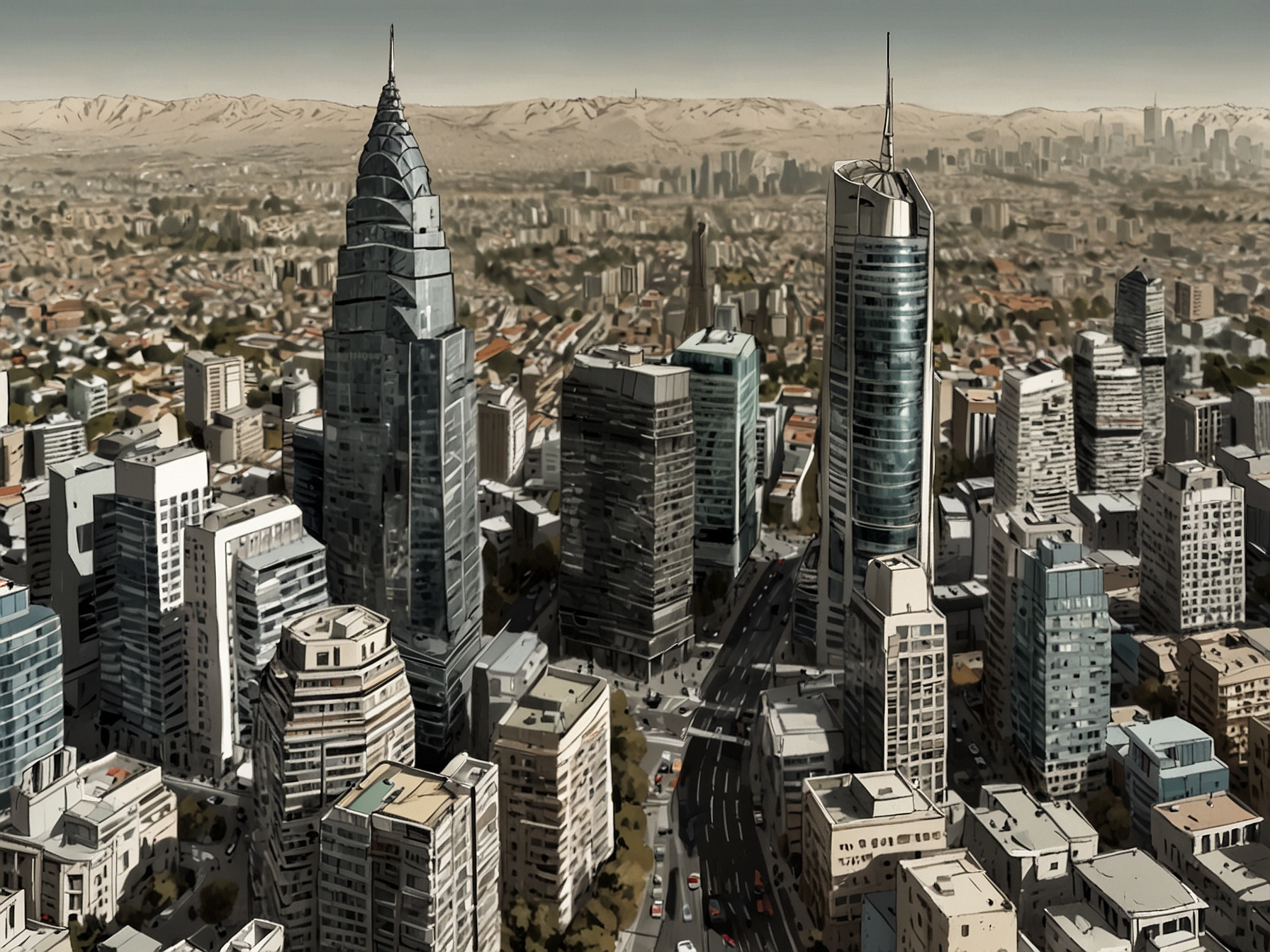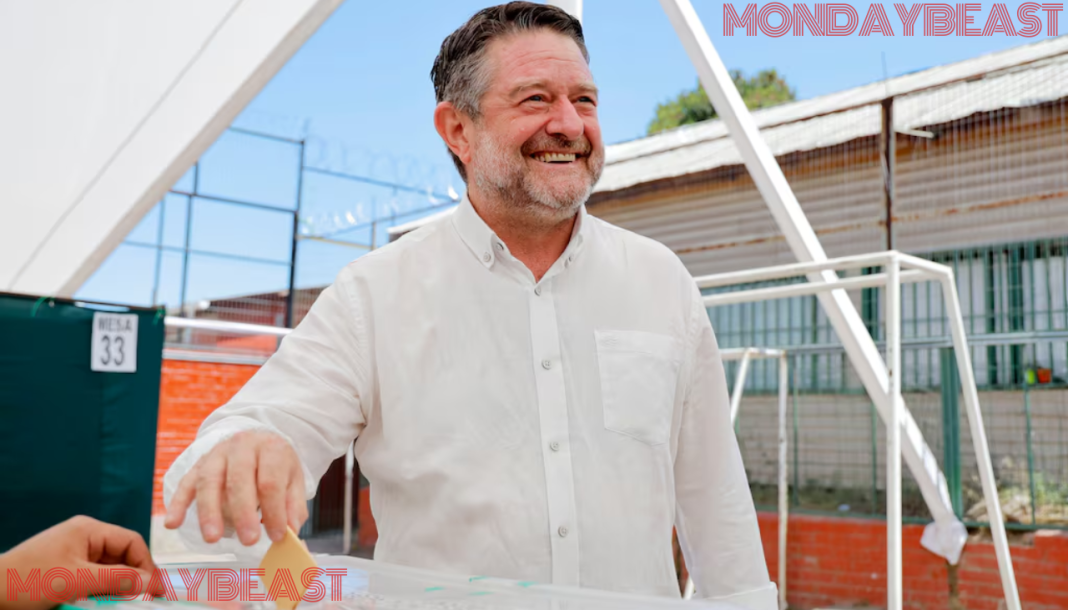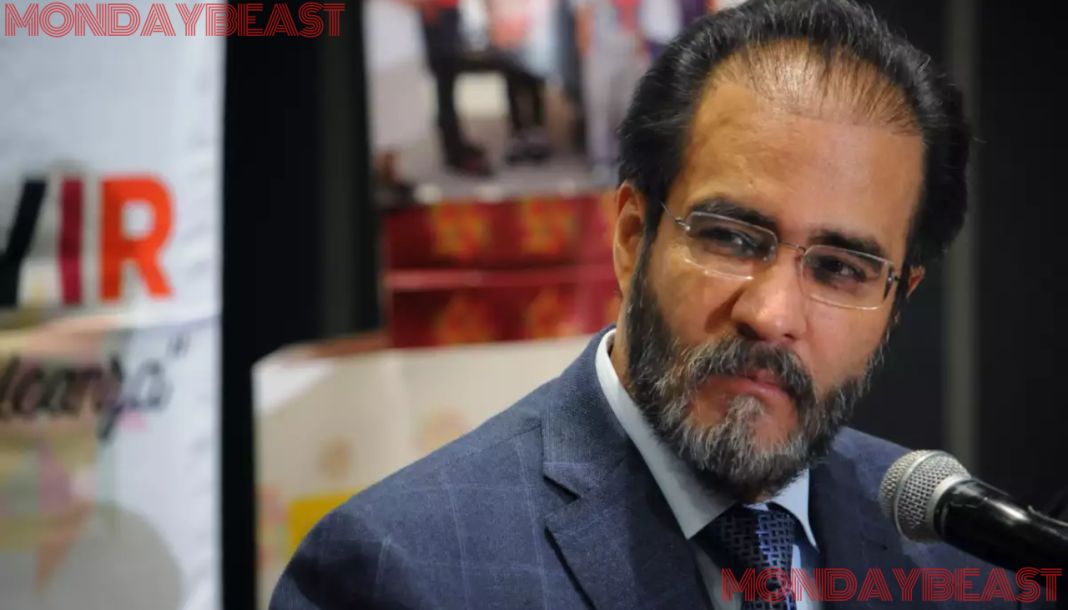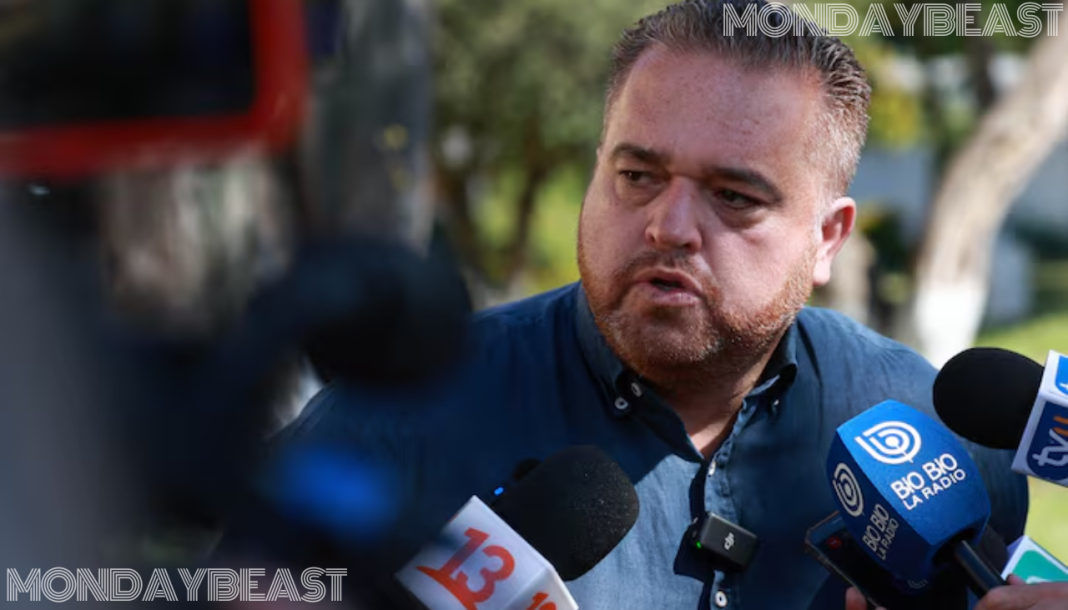Claudio Orrego’s Re-election Distills a Complex Landscape
Claudio Orrego has emerged victorious in the recent elections for governor of the Región Metropolitana, a vast urban area that houses the nation’s capital, Santiago. With 55.03% of valid votes, he decisively beat Francisco Orrego, cementing his political career. This victory reflects more than just numbers; it illustrates the hopes and expectations of over 4.5 million voters.
But what does this mean for the region? As the clock struck nine on that decisive Sunday, the electoral process unfolded, revealing the desires of a populace eager for change. Orrego’s re-election comes with immense responsibility. His role will demand collaboration with local governments to address pressing issues like transport, housing, and public safety. In short, he cannot do it alone.
Challenges Await the New Governor

The challenges ahead are daunting. Traffic congestion in Santiago is notorious—it can turn a simple commute into a frustrating endeavor. Many residents must face it daily. How can Orrego tackle such a massive issue? Sustainable solutions will require innovative approaches and community buy-in. It’s not just about making promises; it’s about delivering results.
Moreover, issues surrounding social inequality must be front and center in his agenda. The disparity between different communities within the region often feels stark. Areas like Las Condes thrive while others face poverty. Will Orrego prioritize equitable development to bridge that gap? These are questions that linger as he takes office.
The Importance of Effective Governance
The governor of a region has a vital role in enhancing the quality of life for citizens. In Chile, governors have a four-year mandate that demands strong leadership skills. Orrego must not only promote economic development but also manage government resources effectively. He must ensure that they reach those who need them most.

Let’s not forget the significant role of the Tricel. The results, while promising, await validation to lock in Orrego’s position. This is a critical step to affirm the legitimacy of the electoral process, a process that enables citizens to voice their needs and desires. Trust in democracy hinges on such mechanisms.
With fresh opportunities ahead, Orrego’s administration should be keen on engaging citizens regularly. The essence of democracy is participation and transparency. Whether through public forums, surveys, or social media interactions, keeping the dialogue open will help forge a stronger bond between governance and the governed.
Conclusion: The Road Ahead
In conclusion, Claudio Orrego’s re-election is not just a political event; it’s a critical juncture for Región Metropolitana. As he and his team embark on this journey, the eyes of the public will be scrutinizing their every move. Will Orrego shine as a beacon of progress in a region with great potential? The answer to this question hinges on his ability to deliver on his promises and meet the needs of the communities he serves. Thus, the real work begins now—for him and for all of us who call this beautiful region home.




